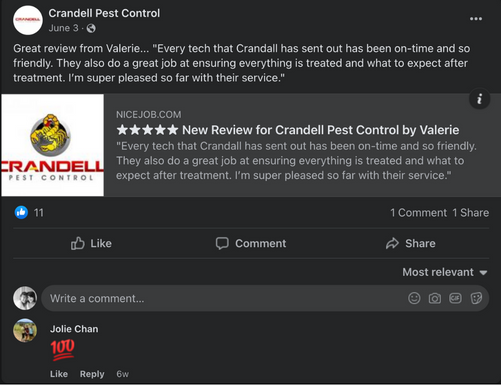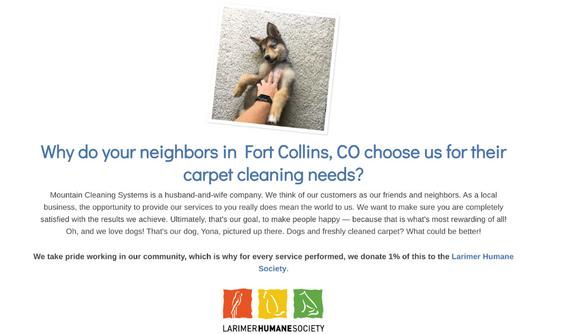As a small business owner, you are constantly multitasking. Unlike larger firms, your business doesn’t have big financial, marketing, human resources, and operations departments. In your business, all of these things likely fall on one or two sets of shoulders.
While this may seem like a disadvantage, your business’s small size can be advantageous in many ways.
A small to medium sized business’s (SMB) trim size makes it much easier for executives to manage and streamline different business processes, like marketing.
So how can small businesses compete with big competitors?
Although large corporations have hundreds of marketing professionals on their roster, huge marketing budgets (can even afford giving away generous corporate gifts to clients and employees), and additional help from consultants and agencies, you can give large corporations a run for their money if you learn to use your size to your advantage and optimize your marketing campaigns.
In this article, we go over everything you need to know to tailor the perfect marketing campaigns to help your small business survive in a competitive market.
Feel free to skip to the section you find most relevant:
How do small business deal with competition? One word: Marketing.
Marketing is an effective tool to distinguish yourself from your competition.
Your company’s competition is not always other small businesses but often larger firms too.
Tailored and relevant marketing can go a long way in helping you grow and outmaneuver the big players.
Here are some ways in which marketing can benefit your company:
As a small business, your reach is limited. People outside your immediate circle might not know about your products and business values. A marketing campaign acts as an information channel to engage people with your brand and distinguish yourself from the competition.
Cash flow is critical in determining the survival of your business. Without customers, there is no cash flow. So, your marketing efforts should focus on attracting new customers to increase revenue.
Acquiring new customers is expensive: it costs five times as much to acquire a new customer as to retain existing ones. A practical alternative is to encourage your current customers to give you repeat business. Marketing efforts through gift card and customer loyalty programs help with customer retention, an essential component of growth.
Big companies leverage their size to generate economies of scale and cut production costs. This improves profitability and allows them to allocate that money to other functions.
Small businesses cannot compete with the lower production costs or large firms' technological and professional expertise. These firms usually have long-standing relationships with suppliers and in-house production chains that allow them to procure/manufacture products for much cheaper.
HOWEVER! There are some advantages to being a small business:
You can leverage these things, like having greater control of your business, the ability to offer personalized service, and motivated employees to develop a phenomenal marketing campaign.
While the best marketing practices should always be contextualized to your situation, consider the following ways to tailor your strategies to outcompete big companies:
This video is an example of a social media post from a window cleaning company that knows its niche and can target content to its clients who may want to know how to keep their windows shining between services. This type of marketing is out of reach for the big players since they offer more generalized products and services to a wider audience.
In other words, if big firms can earn huge profits by keeping margins low and catering to a large customer base, small firms can keep margins high by providing personalized service.
Focus on reputation marketing - Reputation marketing is a marketing tactic that is centered on social proof signals, i.e., reviews, referrals, and testimonials. These types of signals help customers trust your brand and services. In fact, close to 90% of all online customers think reviews and referrals are more important than any information provided by a salesperson.
As a small business, you should leverage your reputation to draw customers away from your competitors.
This is an example of a local toy company. Part of their brand story is dedicated to handmade, quality wooden toys. This is a compelling part of their narrative that they should repeat over and over, especially to distinguish their products and business from big box stores.

The example above is from a carpet cleaning company in Colorado that donates 1% of every job to their local humane society. This is a great way to attract new business and likely not an initiative you’ll see many big corporations championing.
Large marketing budgets, external agencies, and consultants are not the only deciding factors of a successful marketing campaign. Small businesses can give large corporations strong competition if they learn to use their size to their advantage.
While big firms can cut costs, benefit from economies of scale and cater to a larger customer base, smaller businesses can provide customized and personalized service to keep profit margins high.
The correct marketing technique can considerably improve your business’s survival rate and long-term growth.
If you’re searching for a platform to help your small business grow, NiceJob is the easiest way to get more reviews, referrals, and sales. Sign up for a free demo today!